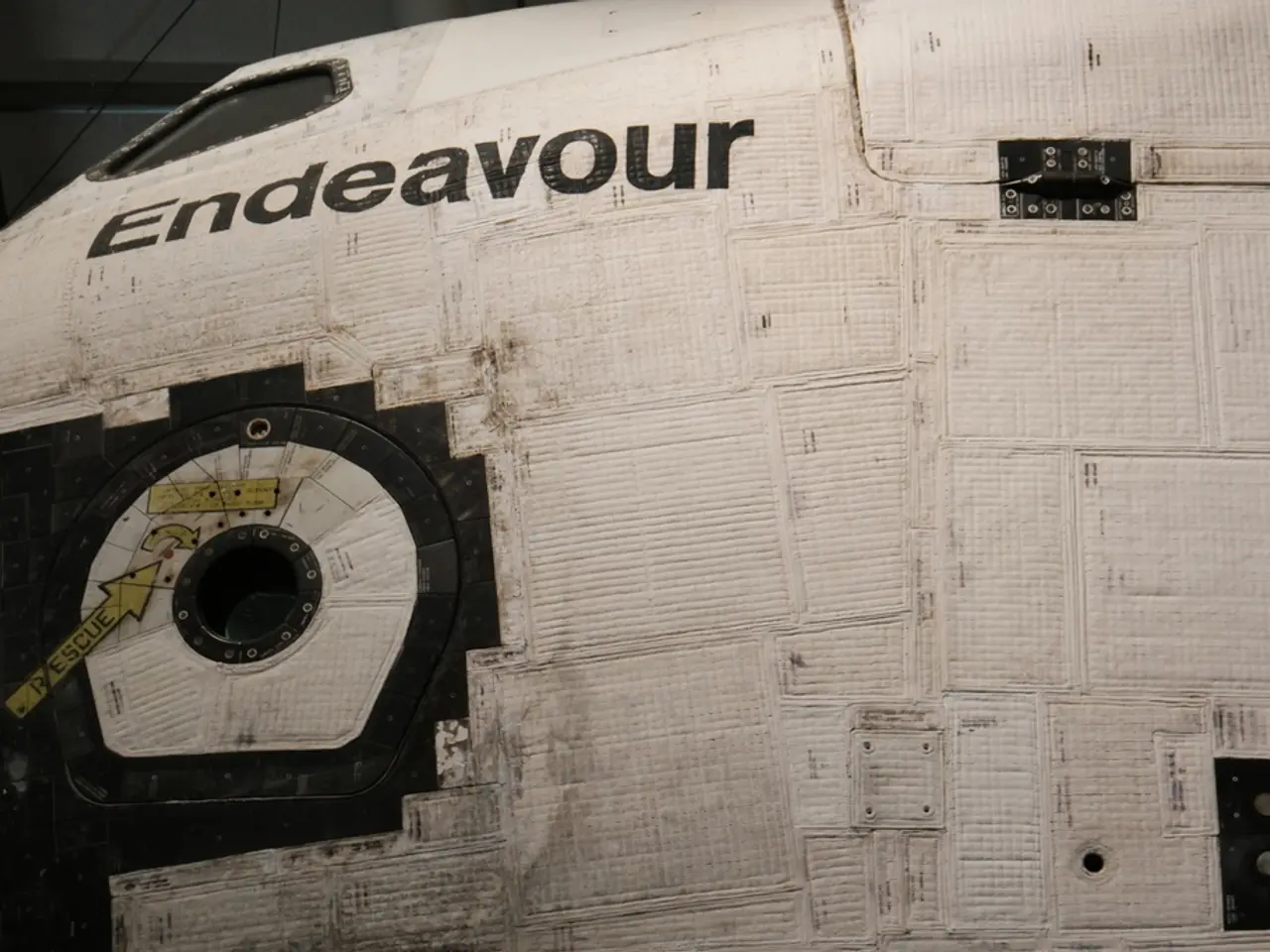SpaceX's Dragon cargo spacecraft raises International Space Station's altitude during a crucial test flight
The Dragon spacecraft, currently on its 33rd mission for NASA's Commercial Resupply Services program (CRS-33), has successfully performed a test reboost of the International Space Station (ISS) on September 3, 2025. This particular Dragon spacecraft, often referred to as a "monster Dragon" by NASA, arrived at the ISS on Aug. 25, carrying 5,000 pounds (2,270 kilograms) of supplies and science.
NASA officials confirmed the success of the test reboost in a statement on Wednesday. The Dragon spacecraft fired two of its Draco engines for 5 minutes and 3 seconds during the maneuver, raising the ISS's orbit to 260.9 by 256.3 miles (419.9 by 412 km).
Visiting cargo spacecraft are tasked with lifting the orbiting complex higher every few months to compensate for atmospheric drag. The ISS orbits approximately 250 miles (400 kilometers) above Earth. In recent years, NASA has been asking the current U.S. ISS resupply craft, including SpaceX's Dragon and Northrop Grumman's Cygnus vehicle, to perform reboost demonstrations.
In addition to its current mission, SpaceX's Dragon is also tasked with deorbiting the ISS in a controlled fashion in the future. NASA has commissioned SpaceX for this significant task, set to take place in 2028. SpaceX has designed a larger version of the Dragon spacecraft for this purpose.
NASA astronauts have taken photos of the Dragon capsule from the ISS, providing a unique perspective of the spacecraft in action. The splashdown zone for the returning Dragon is near coastal California, with a scheduled return to Earth in late December or early January.
Russia may withdraw from the ISS program as soon as 2028, which could make SpaceX's Dragon's future role even more crucial. This would be a new role for SpaceX's Dragon, as it has never done this before. The Dragon's successful test reboost marks a significant step towards ensuring the ISS's continued operation and safe deorbiting in the future.
Read also:
- Peptide YY (PYY): Exploring its Role in Appetite Suppression, Intestinal Health, and Cognitive Links
- Toddler Health: Rotavirus Signs, Origins, and Potential Complications
- Digestive issues and heart discomfort: Root causes and associated health conditions
- House Infernos: Deadly Hazards Surpassing the Flames








